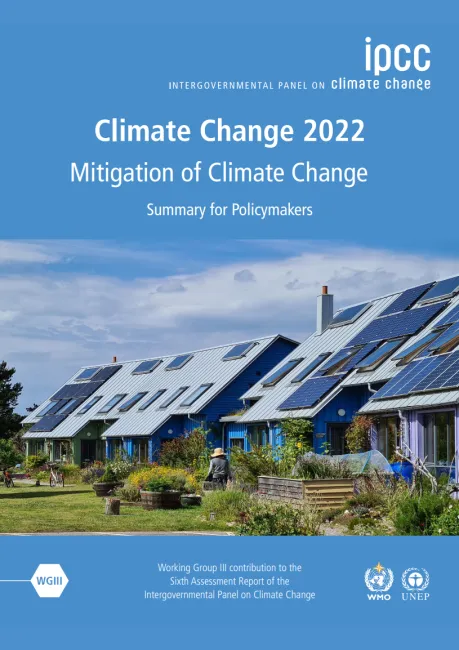Immediate and deep emissions reductions across all sectors are needed, says this report from the Intergovernmental Panel on Climate Change (IPCC). While global greenhouse gas emissions continue to rise, there have been significant decreases over the last decade in the cost of important low-emissions technologies such as solar energy, wind energy and lithium-ion batteries, and policies on climate mitigation are expanding and have avoided some emissions.

TABLE readers may be particularly interested in the report’s call for demand-side measures such as reducing food loss and waste, and shifting to “balanced, sustainable healthy diets”. These diets are defined as featuring both plant-sourced foods (e.g. coarse grains, legumes, fruits and vegetables, nuts and seeds) and animal-sourced foods produced in “resilient, sustainable and low-GHG emission systems”.
Production-side measures in the food system include sustainable intensification of agriculture and freeing up land for reforestation. The report stresses that land-based mitigation measures cannot compensate for delayed emission reductions in other sectors.
Carbon Brief has produced an In-depth Q&A on the report.
Read the full report, Climate Change 2022: Mitigation of Climate Change, here; read the Summary for Policymakers here. See also the TABLE explainer Impacts of climatic and environmental change on food systems.




Comments (0)